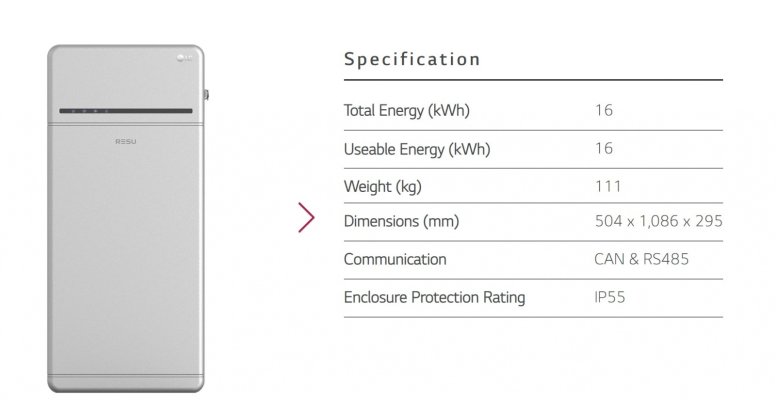Romer
Recycles dryer sheets
I have installed a solar system this past year and that has given me more visibility to energy usage. I have two HVAC systems in my house and noticed when they both come one I am using 9kWh of energy total for the house. When they are off, I am under 1kWh usage typically around 0.8 during the day and 0.5ish at night
My HVAC systems are 18 years old and likely not very efficient. Last year when being serviced, the tech said one of my systems is on its last legs, but could have been trying to sell.
I read that going to a 16 or 18 SEER HVAC will reduce electricity by up to 40%, not sure about gas for heat in the winter. I see there are even units with a SEER of 22 or 28 for a Lennox signature series that would provide greater savings
Knowing that my HVAC systems are near the end of their useful life, I wanted to be prepared and decide what system I want and even get quotes.
What I am asking for is any real use experience with improvements in Electricity and gas by swapping out for a more efficient system. Curious what SEER and unit you went with and energy usage deltas year over year.
My HVAC systems are 18 years old and likely not very efficient. Last year when being serviced, the tech said one of my systems is on its last legs, but could have been trying to sell.
I read that going to a 16 or 18 SEER HVAC will reduce electricity by up to 40%, not sure about gas for heat in the winter. I see there are even units with a SEER of 22 or 28 for a Lennox signature series that would provide greater savings
Knowing that my HVAC systems are near the end of their useful life, I wanted to be prepared and decide what system I want and even get quotes.
What I am asking for is any real use experience with improvements in Electricity and gas by swapping out for a more efficient system. Curious what SEER and unit you went with and energy usage deltas year over year.

